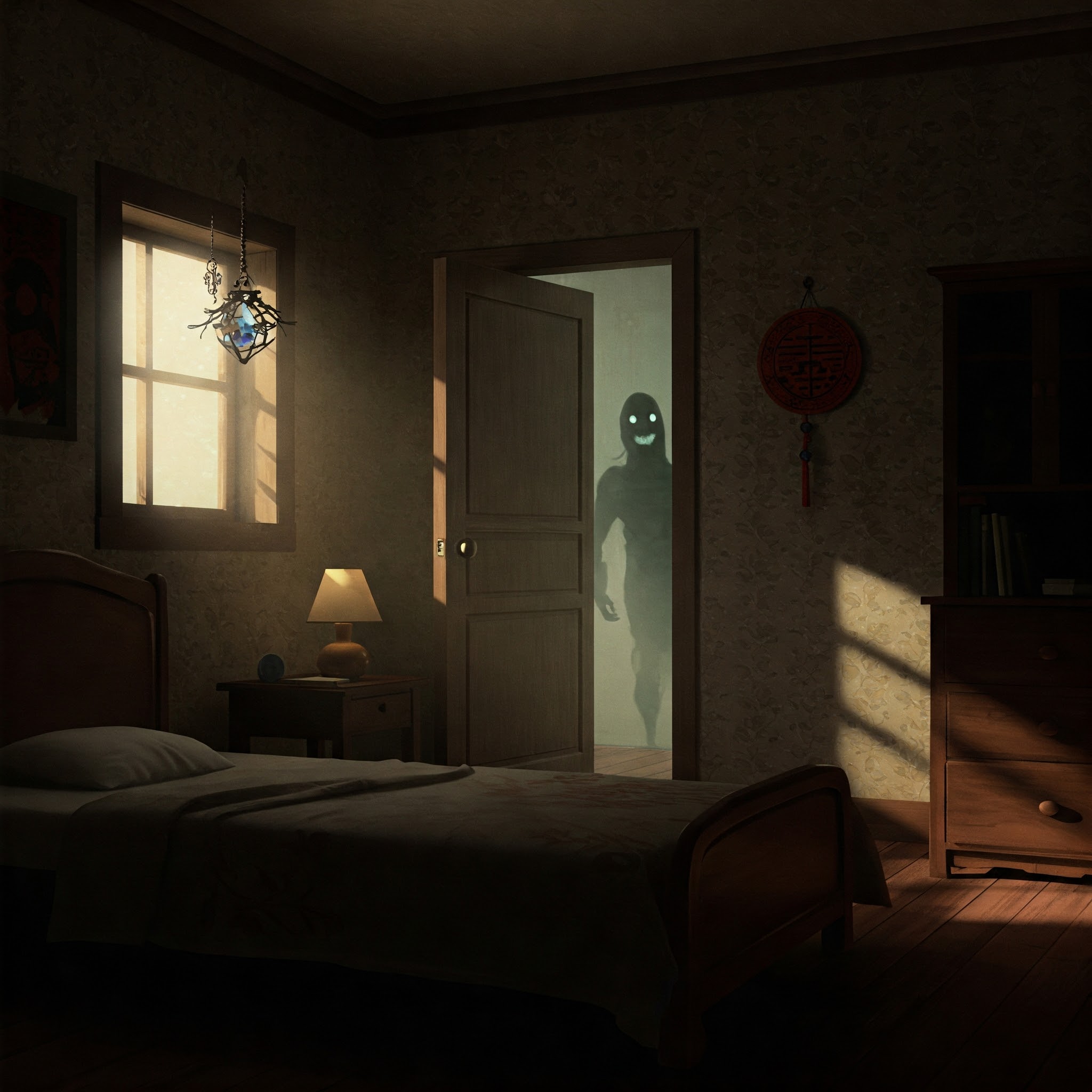According to feng shui principles and various cultural beliefs, positioning a bed so that it directly aligns with a bedroom doorway creates negative energy flow and invites misfortune, particularly concerning health and longevity. This arrangement—sometimes called the “coffin position”—supposedly disrupts restorative sleep, weakens vital energy, and creates vulnerability to spiritual intrusion. Some traditions specify that the feet, rather than the head, facing the door creates the most problematic alignment, while others consider any direct door-bed alignment inauspicious regardless of orientation.

A baby’s future career or fate is predicted by the first object they select during a ceremonial setup.
In several Asian and Eastern European cultures, a traditional ceremony is held for babies usually around their first birthday. Known


